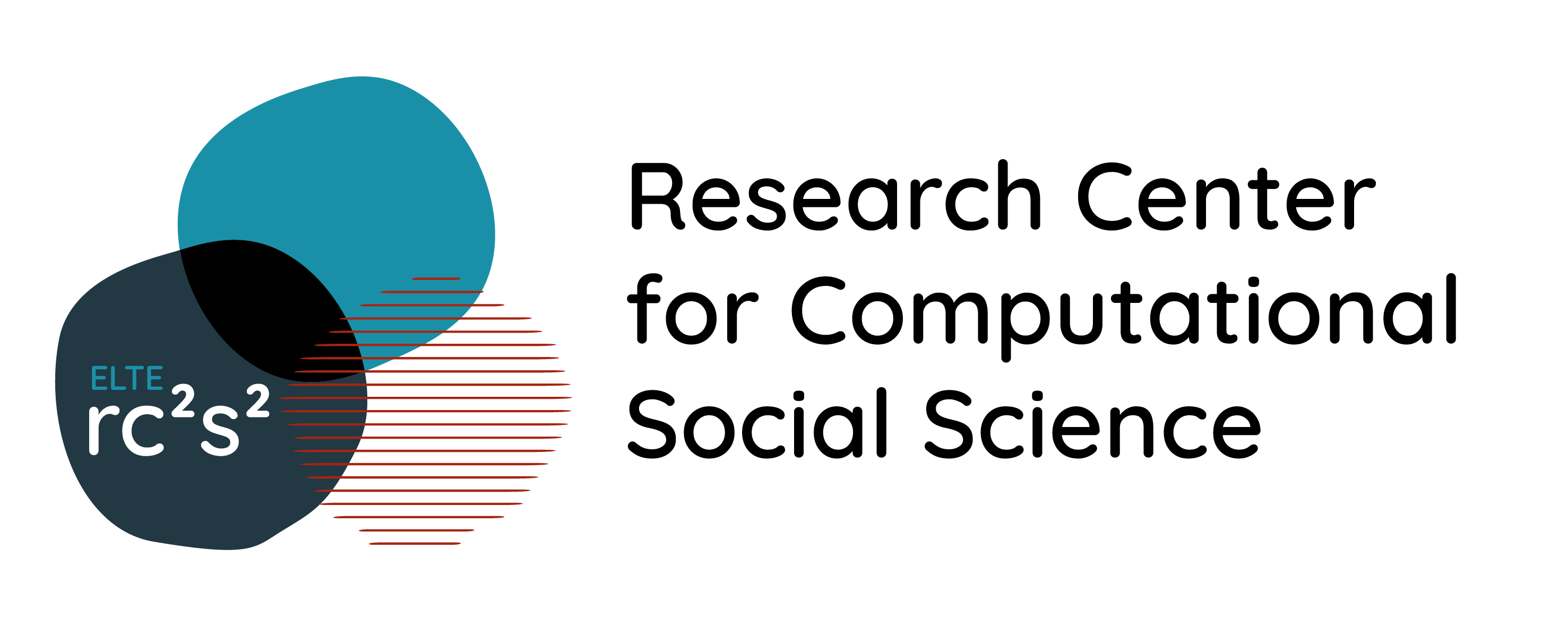The EuMePo Jean Monnet Network is a research project between 2019 and 2023 funded by the European Union and the Konrad Adenauer Foundation, involving researchers from the University of Victoria, Canada, Adam Mickiewicz University, Poland, the Institute for Political Studies (IEP) at the University of Strasbourg, France, and the Research Center for Computational Social Science at the ELTE Faculty of Social Sciences. As an international collaboration with researchers from Canada, France, and Poland, our aim is to study and analyze the traumas of the 20th century and contemporary memory politics. The EuMePo Jean Monnet Network aims to develop a long-term, transatlantic collaboration based on the study of populist narratives and memory politics practices. Its research on collective memory in Europe aims to understand the roots of today’s memory politics practices and to describe the mechanisms of contemporary populist-nationalist political parties. With the help of the research, we can learn in depth not only about the specificities of Hungarian memory politics, but also about the memory politics practices of Polish, French, German and Canadian societies, and the historical elements that still live in the collective consciousness of the communities.
In addition, EuMePo Jean Monnet Network team aims to make academic work accessible to a wider audience and to develop communication between the academic community and society. To this end, our joint work will not only focus on producing peer-reviewed publications, but also, among other things, on creating a tutorial booklet for secondary school students and making accessible science education videos on various topics.
Each research teams participating in the Research Group works according to its own methodological principles, but the final product is a combination of these methods and theoretical approaches. In our analyzes, we, the team of the RC2S2, rely primarily on NLP (Natural Language Processing) methods, and we aim to provide insights into the practices of memory politics in Hungary by analyzing and processing large text corpuses. Our work has dealt with the two world wars, fascism and the Holocaust, as well as the “legacy” of the communist period and the narrative around these themes.
Detailed information about the results, recordings of the webinars organized by the research group and academic materials are available on the official website of the EUCAnet. (https://www.eucanet.org/projects/memory-politics/)
Publications:
Barna Ildikó, Knap Árpád: Analysis of the Thematic Structure and Discursive Framing in Articles about Trianon and the Holocaust in the Online Hungarian Press Using LDA Topic Modelling. Nationalities Papers pp. 1-19. 19 p. (2022)
Knap Árpád, Bartha Diána, Barna Ildikó: Trianon és holokauszt emlékezetpolitikai jellegzetességeinek elemzése természetesnyelv feldolgozás használatával. Szociológiai Szemle 31:4 pp. 28-62. 35 p. (2021)
